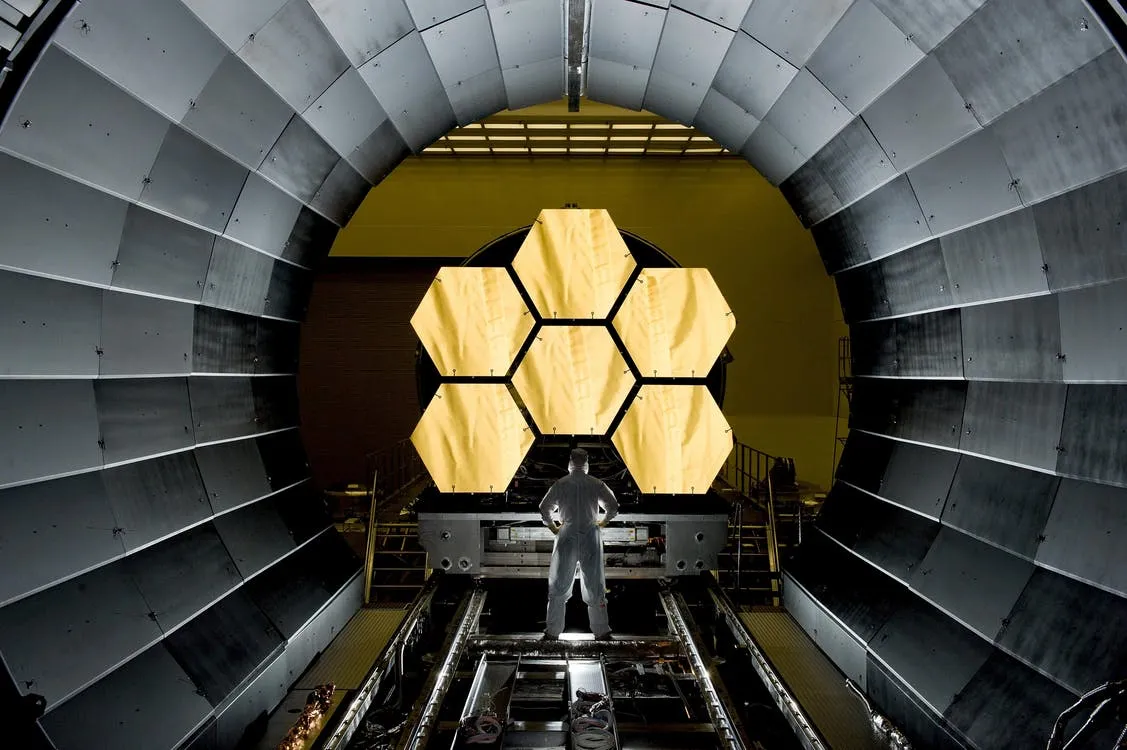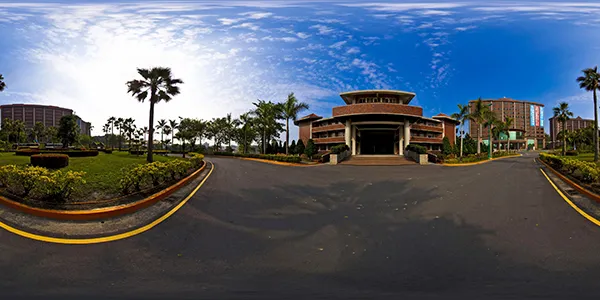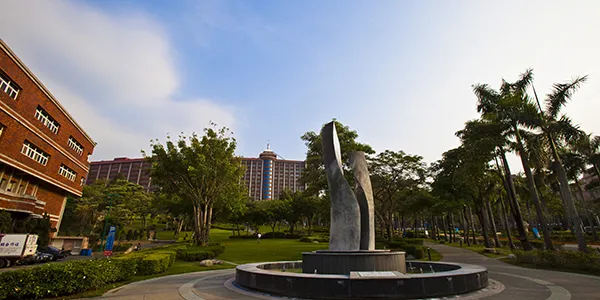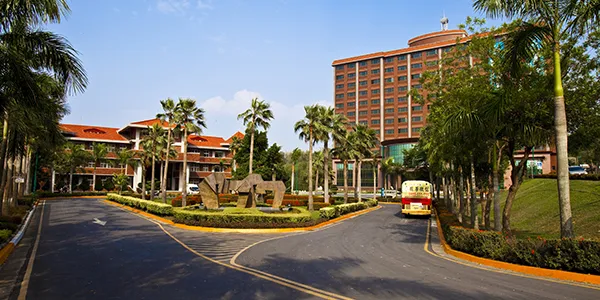|
1. Introduction Since the traditional labor-intensive industry is evolving into an advanced capital- and technology-intensive business, Taiwan is no longer the main source of cheap labor. During this transitional period, it is crucial to promote materials technology, on which new industrial products mainly rely. Furthermore, the upgrading of traditional products heavily depends on materials development and its application to increase added-value or to lengthen the product usage. Materials science and engineering have been listed as a critical technology these years, in order to promote the development of industrial technology in Taiwan. Materials technology covers rather broadly, including metallic, structural, electronic, ceramic, electro-optic, bio-materials, composite, plating and high-temperature superconductor materials. Materials research includes chemical and physical analyses of materials’ macro-, micro-, and nano-structure. To contribute to the growth of Kaohsiung’s industrial sector and R&D at related enterprises, the Department of Materials Science and Engineering at I-Shou University was established in 1994. For advanced research and education, the Department offers a master’s program and a doctoral program. The Department has 14 full-time faculty members. 2. Teaching and Research With support from a strong faculty, the Department put its emphasis on several areas: metals, electronics and optoelectronics, and multiple-function new materials. Students may select courses in their interested areas. Instruction is based on the theory together with laboratory experiments, hoping that students can thus use hands-on experience in the laboratory or in cooperating factories to achieve the goal of practical education. To keep pace with new materials continuously appearing in the market, the Department has conscientiously put in a long-term effort to continuously engage faculty members in cooperated research projects. This allows for fresh directions to engage and equips the Department with some unique features. To keep students abreast of recent developments, the Department invites specialists from the industry and research institutions to offer courses or seminars. Thus, research and education can be carried out through the synergy of materials science and engineering research. To give students a solid foundation for employment in the industry, special emphasis is given to cooperation with industrial enterprises and private research entities. We want very much to expand employment opportunities for graduates. We are also working hard to develop new materials in order to increase the Department’s visibility and win recognition both domestically and internationally. 3. Facilities Today’s facilities include laboratories for thin film processing, ceramics, metal processing, microstructure, pre-processing, corrosion test, heat-treatment, metallurgy, physical measurement, electronic packaging, assembly, thermal analysis, and optical analysis. A micro and nano analysis laboratory, which is newly founded, provides scanning electron microscopy (SEM), field-emission microscopy (FE-SEM), transmission electron microscopy (TEM), atomic force microscopy (AFM), and high temperature X-ray diffraction (XRD) for nano-scale analysis of materials. 4. Career Development The graduates of the Department can pursue their advanced studies in domestic or overseas graduate schools. Not only can they study materials science, but they can also study related fields, such as electronics, electrical, mechanical, chemical and medical engineering. Employment opportunities for graduates of the Department are abundant because demand far exceeds supply. Talented materials specialists will be in high demand. The electronics, semiconductor, electro-optic, bio-material, automobile, machinery, chemical, ceramics and steel industries are the best choices for them. Alumni of the Department are fully employed with a good reputation. It would be a wise choice to major in materials. |
|




